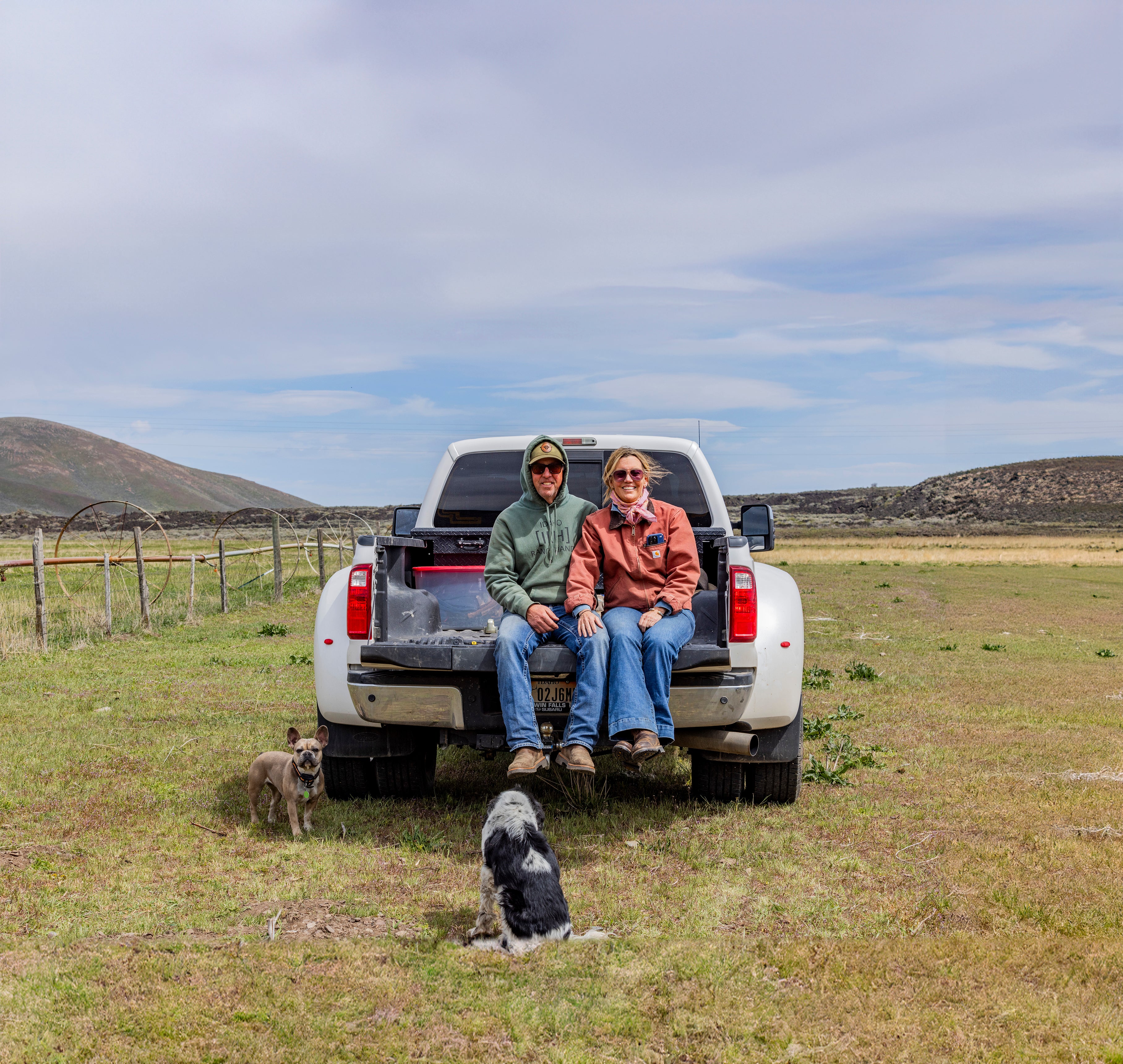
WE’RE MIA AND JEFF - FIRST GENERATION RANCHERS
Our Story
Jeff and Mia have called Idaho home for more than 40 years and raised their family here in the Wood River Valley. They are dedicated ranchers committed to raising cattle and producing beef the right way in the mountains of central Idaho.
At Hyndman Peak Beef, we raise American Wagyu cattle 100% grass fed and finished. We manage our cattle using regenerative grazing practices that prioritize soil health, protect and improve the land, and support strong, healthy animals. Through thoughtful pasture rotation and long-term stewardship, we care for the ground that sustains our herd.
Our cattle are processed locally, and we remain closely involved from pasture to finished product. We believe in transparency, responsible land management, and standing behind the beef we produce — whether we’re serving families here in the Valley or shipping to customers who value thoughtfully raised beef.

WE PRIORITIZE REGENERATIVE AGRICULTURAL PRACTICES
Regenerative agriculture is a holistic and sustainable approach to farming that focuses on restoring and enhancing the health of the soil. This practice emphasizes conservation and biodiversity, utilizing techniques such as cover cropping and crop rotation in favor of inflicting minimal soil disturbance to improve soil structure and fertility.
In the context of beef ranching, regenerative agriculture extends its principles to livestock management. Rotational grazing - where cattle are moved strategically to mimic natural grazing patterns - helps prevent overgrazing and allows for the regeneration of pastureland. By integrating regenerative practices, we aim to not only enhance the health of our ecosystem but also sequester carbon in the soil, contributing to climate change mitigation.
Beef ranching within a regenerative framework not only prioritizes environmental health but also emphasizes the well-being of the animals. Providing cattle with access to diverse forage, clean water sources, and natural living conditions aligns with the principles of regenerative agriculture. Cattle who forage from land that is rich with micronutrients due to healthy soil produce healthier, more sustainable beef but also supports local ecosystems, promotes soil health, and plays a role in mitigating the environmental impact of traditional agricultural practices.
